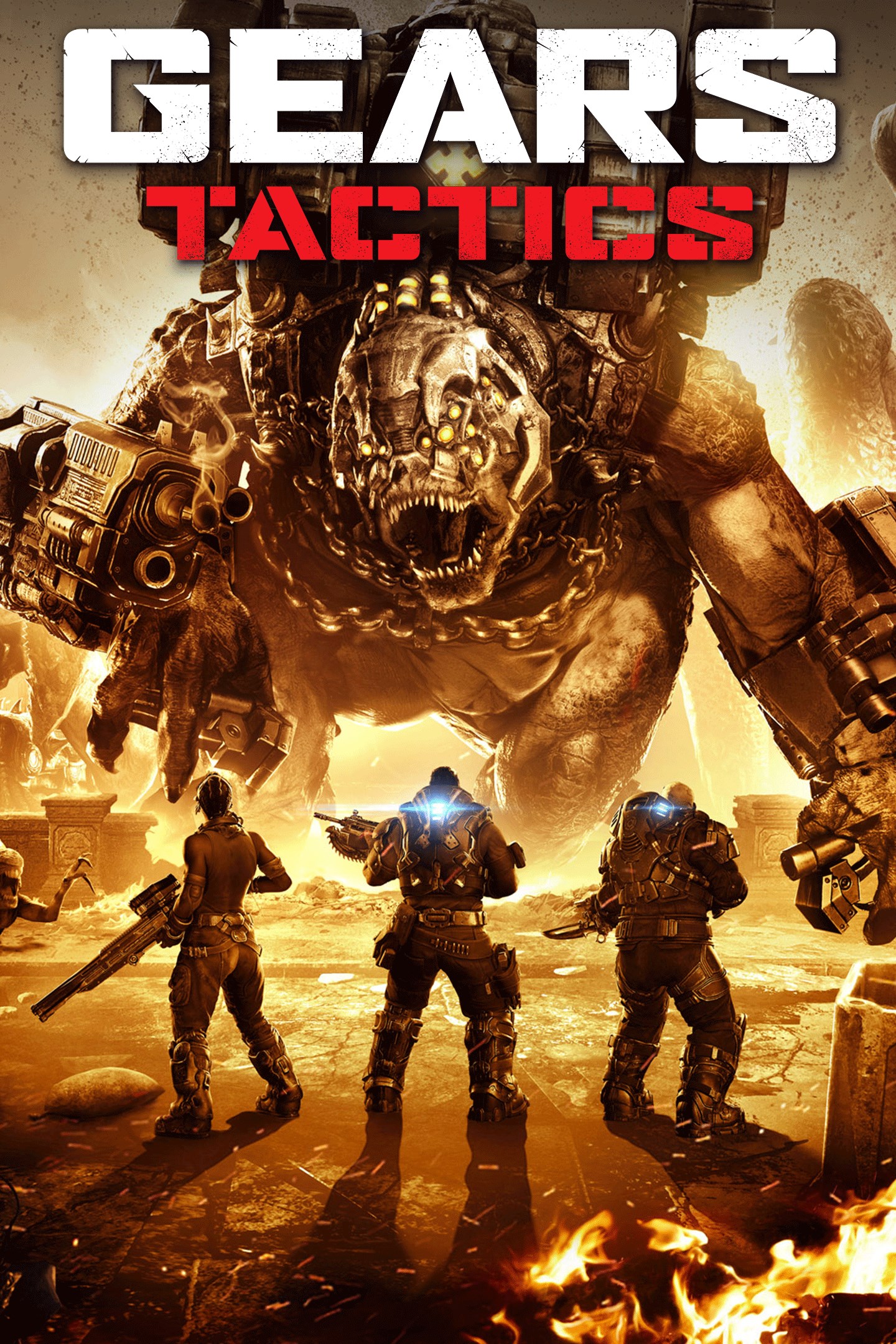Mount Training: Special Abilities
Introduction
Mount training is an essential aspect of equestrian sports, military operations, and recreational riding. While most riders focus on basic commands and obedience, advanced mount training involves developing special abilities that enhance performance, safety, and communication between rider and horse. This article explores various specialized training techniques that unlock extraordinary capabilities in trained mounts.

1. Advanced Communication and Bonding
A well-trained mount goes beyond simple commands—it understands subtle cues, body language, and even emotional signals from the rider.
Key Techniques:
- Pressure and Release Training – Teaching the horse to respond to minimal leg or rein pressure.
- Telepathic Connection – Some trainers believe in developing an almost intuitive bond where the horse anticipates the rider’s intentions.
- Voice Commands – Advanced mounts can distinguish between different vocal tones and words.
Benefits:
- Improved responsiveness in high-pressure situations (e.g., competitions or combat).
- Reduced reliance on physical aids, leading to smoother riding.
2. Agility and Obstacle Navigation
Specialized mounts can maneuver through complex terrains with precision.
Training Methods:
- Jump Training – Teaching horses to clear obstacles of varying heights and widths.
- Trail Challenges – Simulating rough terrains, water crossings, and narrow pathways.
- Lateral Movements – Training for side-stepping, pivoting, and backing up with precision.
Applications:
- Competitive show jumping and cross-country events.
- Military and search-and-rescue operations in difficult environments.
3. Combat and Defense Training
Historically, warhorses were trained for battle. Modern equivalents include police and military mounts trained for crowd control and tactical maneuvers.
Specialized Skills:
- Desensitization to Loud Noises – Horses must remain calm around gunfire, explosions, and chaotic environments.
- Targeted Strikes – Some mounts are trained to rear or kick on command for defensive purposes.
- Formation Riding – Essential for cavalry units or ceremonial guards.
Real-World Use:
- Mounted police units in urban patrols.
- Historical reenactments and stunt performances.
4. Endurance and Stamina Conditioning
Not all horses are built for long-distance travel, but specialized training can enhance endurance.
Training Approaches:
- Gradual Distance Increase – Starting with short rides and progressively extending duration.
- Interval Training – Alternating between trotting, cantering, and walking to build stamina.
- Nutrition and Recovery – Proper diet and rest are crucial to prevent injuries.
Benefits:
- Ideal for endurance racing (e.g., 100-mile races).
- Useful for long-distance travel in remote areas.
5. Trick Training and Performance Skills
Beyond practical abilities, some mounts are trained for entertainment, showcasing intelligence and creativity.
Popular Tricks:
- Bow and Curtsy – Horses learn to lower their heads or bend a knee.
- Counting with Hoof Taps – Responding to questions by tapping the ground.
- Liberty Training – Performing without reins, relying on voice and body cues.
Entertainment Value:
- Circus acts and equestrian shows.
- Therapeutic riding programs to engage and inspire.
6. Therapeutic and Assistance Training
Horses can be trained to assist individuals with disabilities or provide emotional support.
Specialized Roles:
- Guiding the Blind – Similar to guide dogs but adapted for mounted assistance.
- Equine-Assisted Therapy – Helping individuals with PTSD, autism, or mobility issues.
- Calming Techniques – Horses trained to remain still for riders with anxiety.
Impact:
- Improved mental and physical well-being for riders.
- Enhanced accessibility in equestrian sports.
Conclusion
Mount training extends far beyond basic riding skills. By developing special abilities—whether for agility, combat, endurance, or therapy—riders can unlock the full potential of their horses. The bond between horse and rider deepens with advanced training, leading to extraordinary feats in sports, work, and companionship.
Whether for competition, service, or entertainment, specialized mount training opens doors to new possibilities in the equestrian world.
Tags: #HorseTraining #EquestrianSkills #SpecialAbilities #MountTraining #AdvancedRiding #EquineTherapy #WarHorses #EnduranceRiding


















